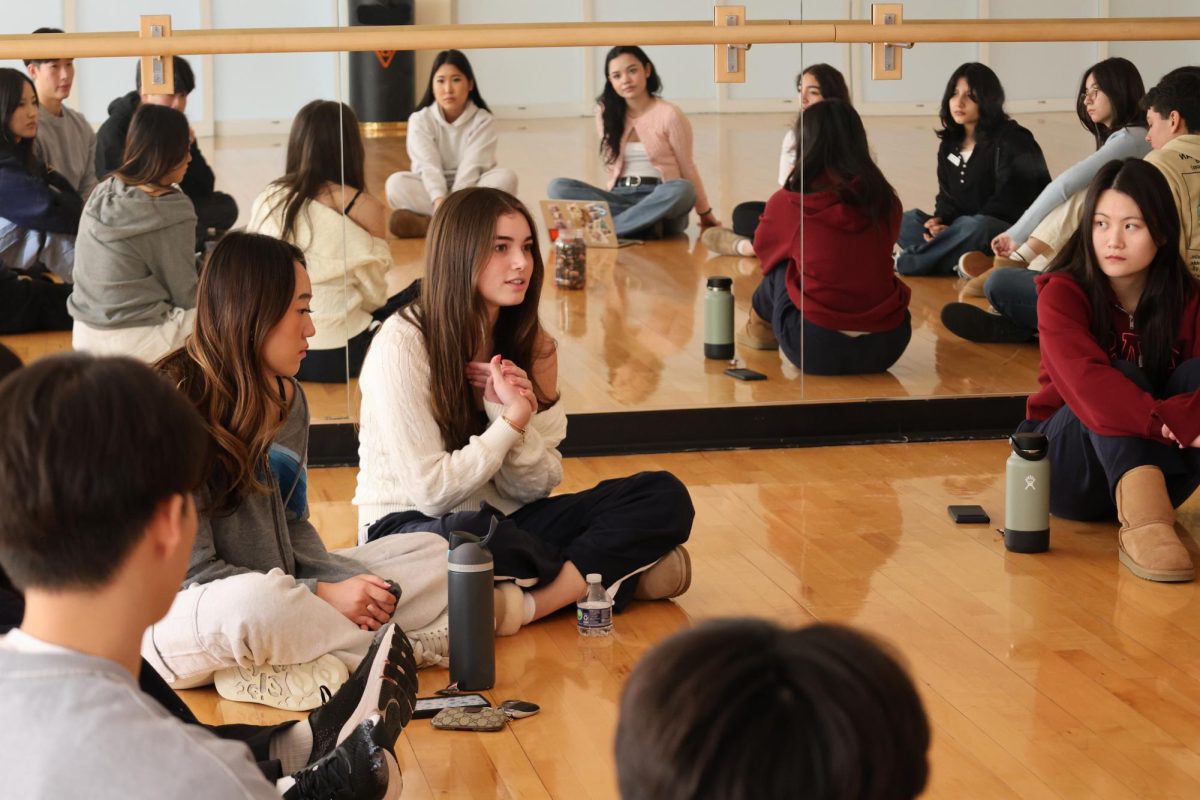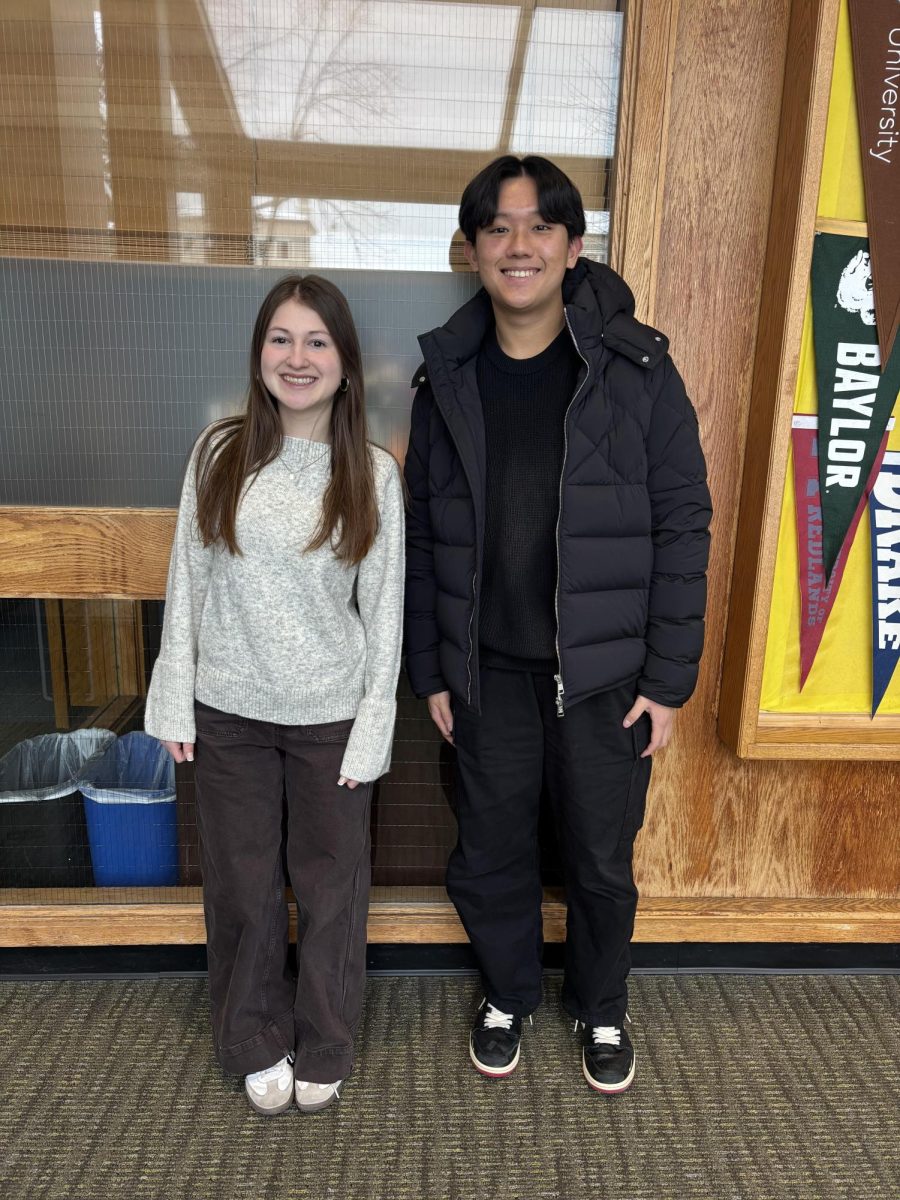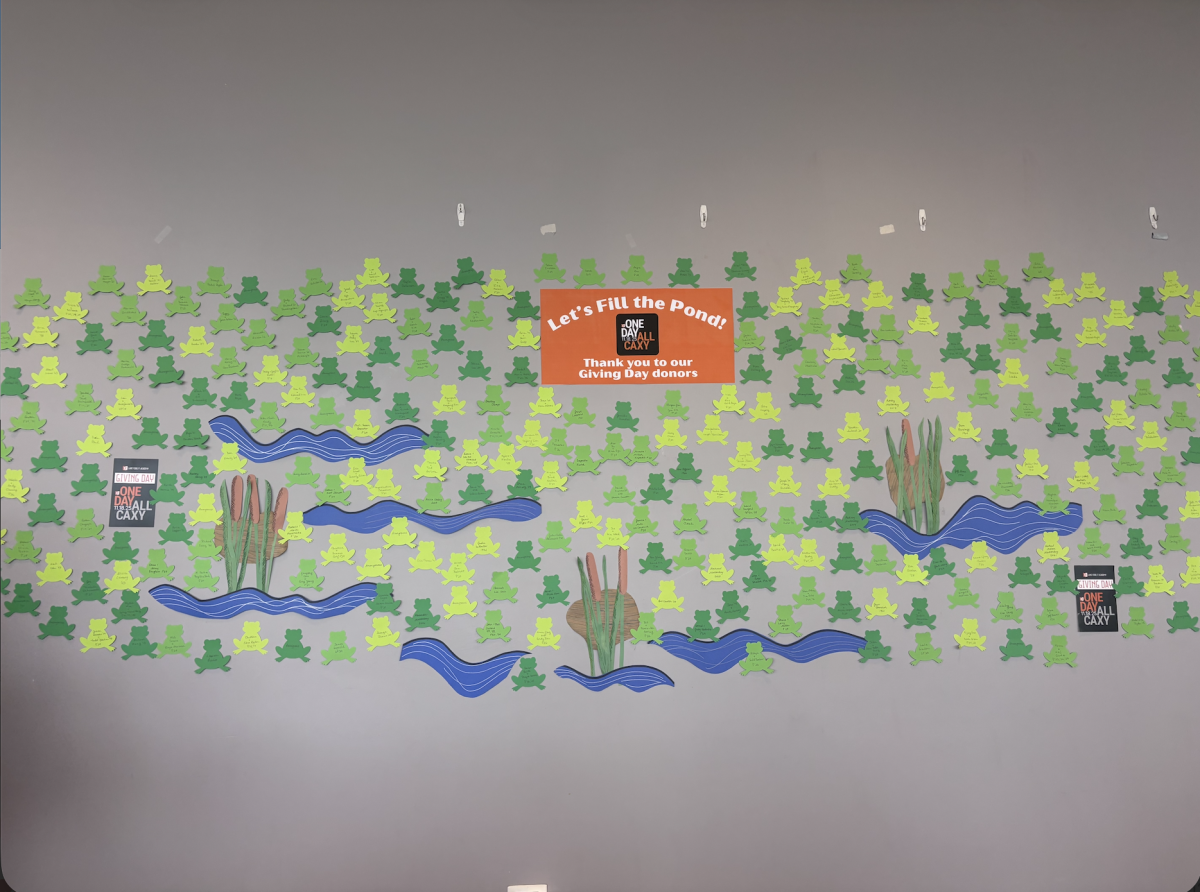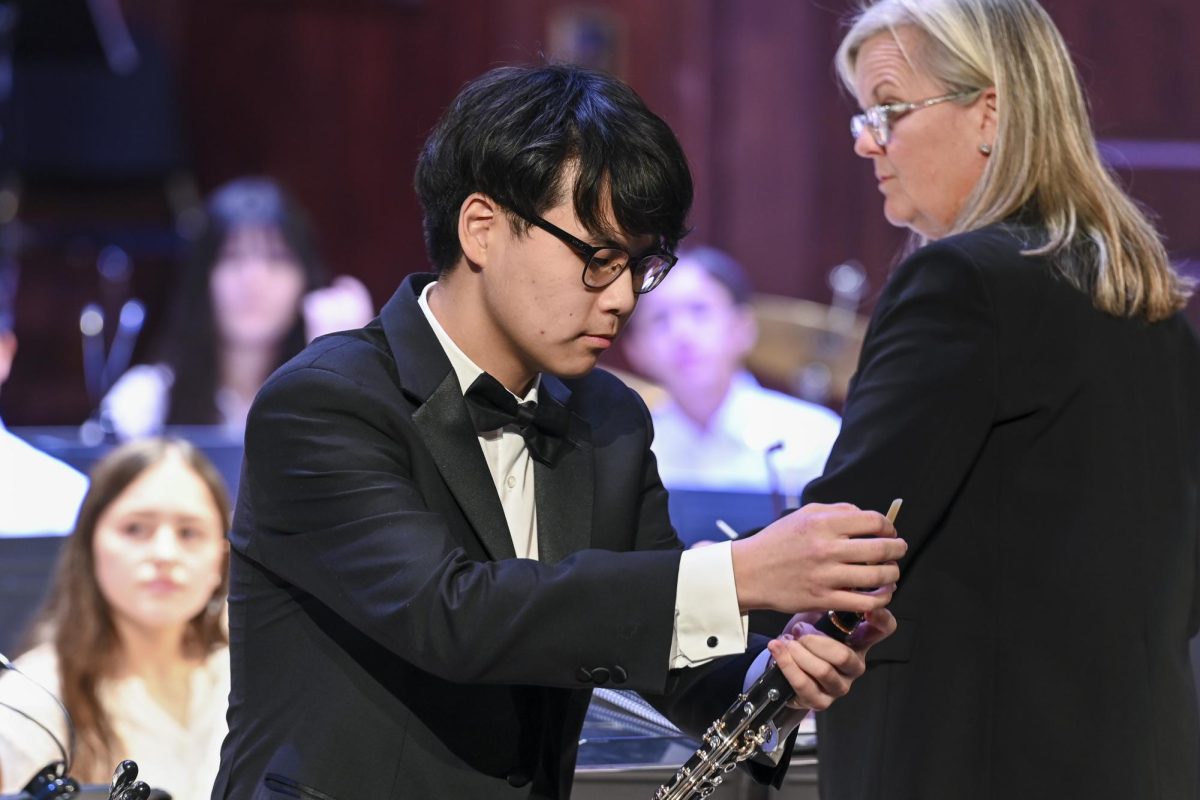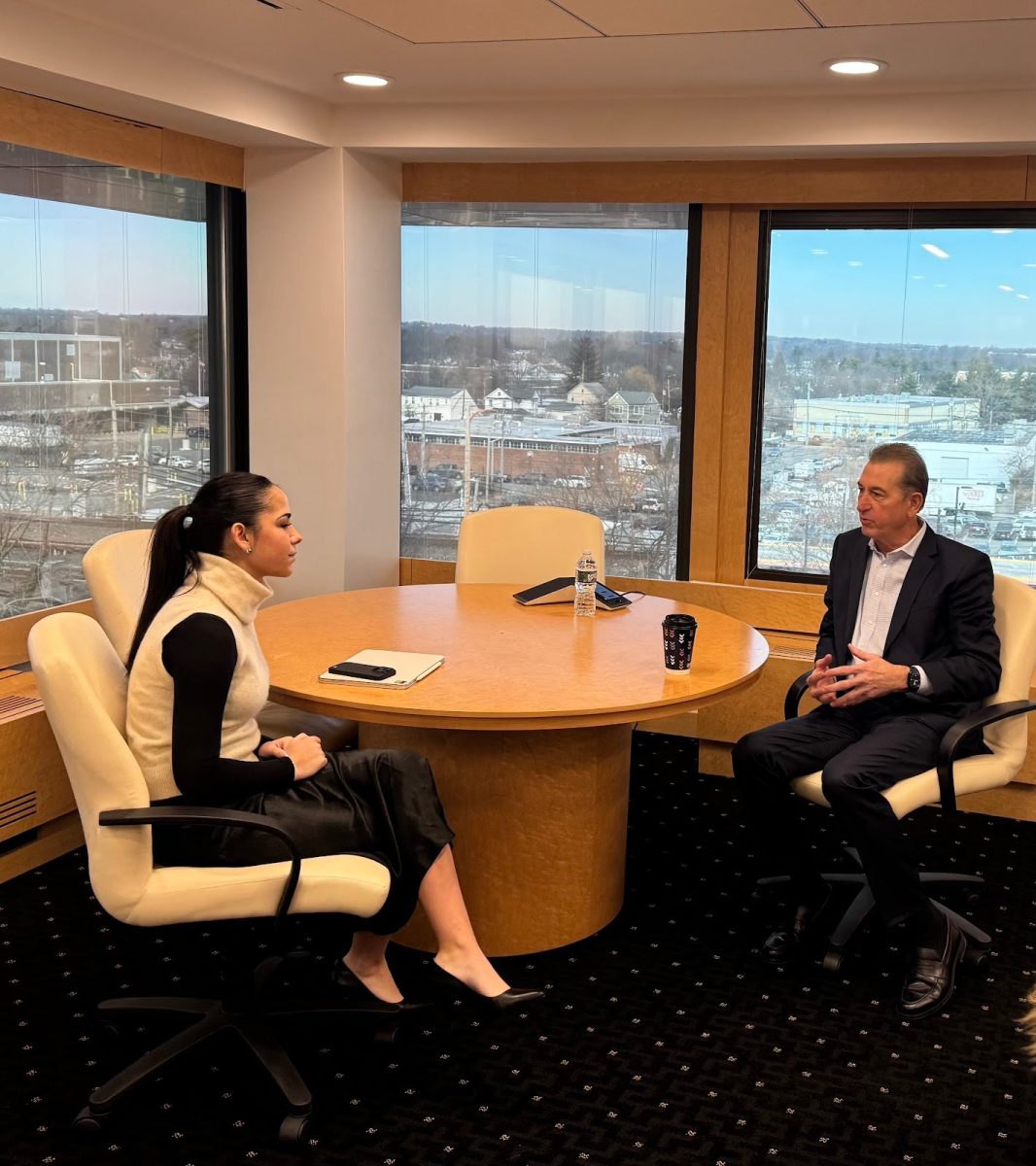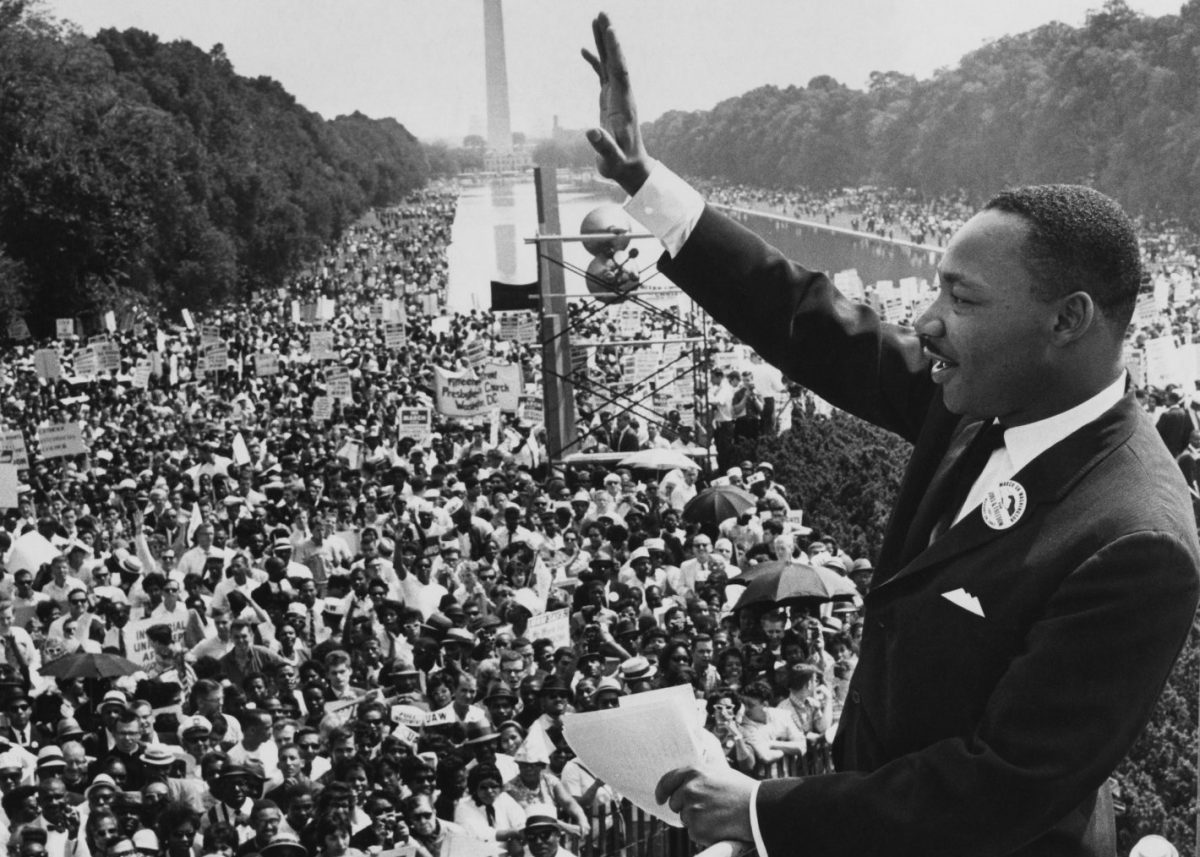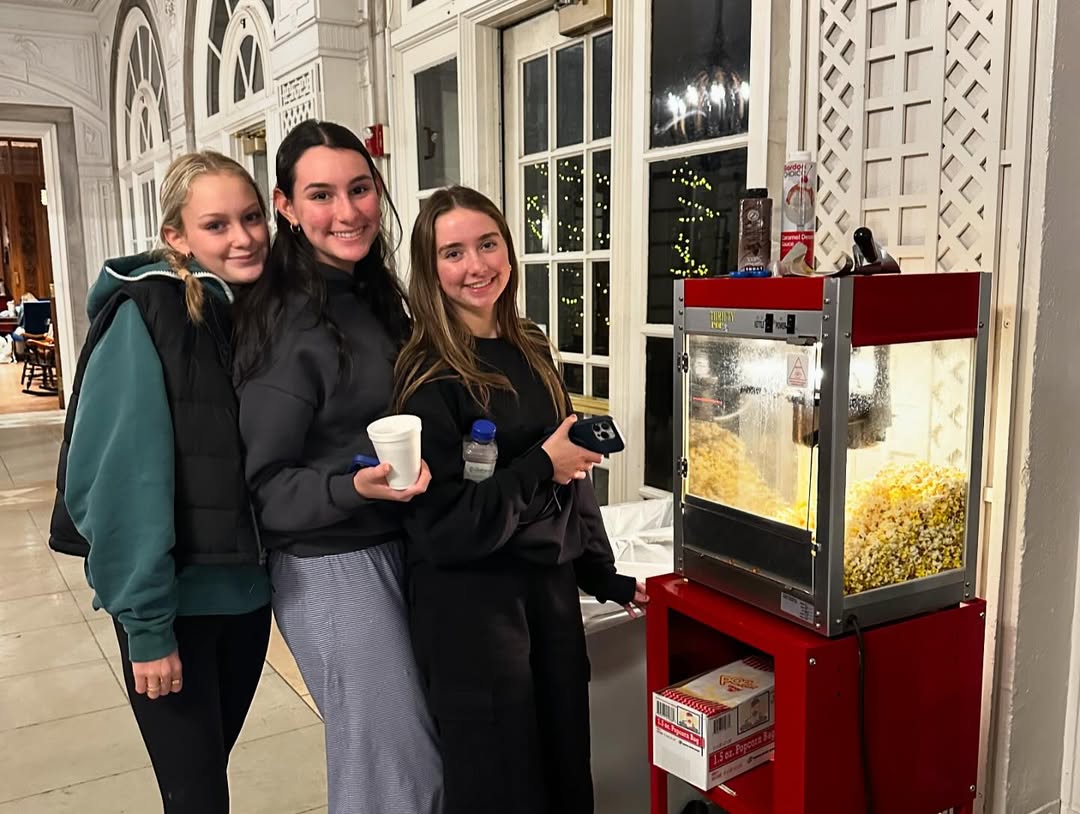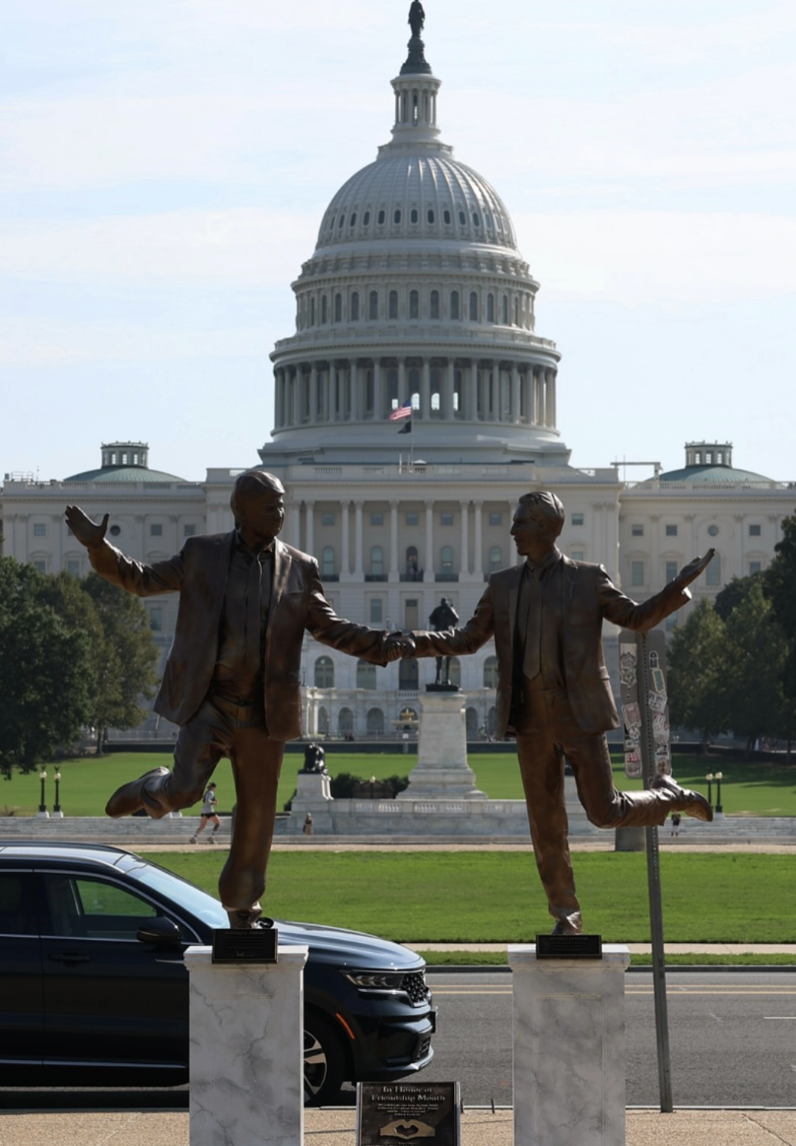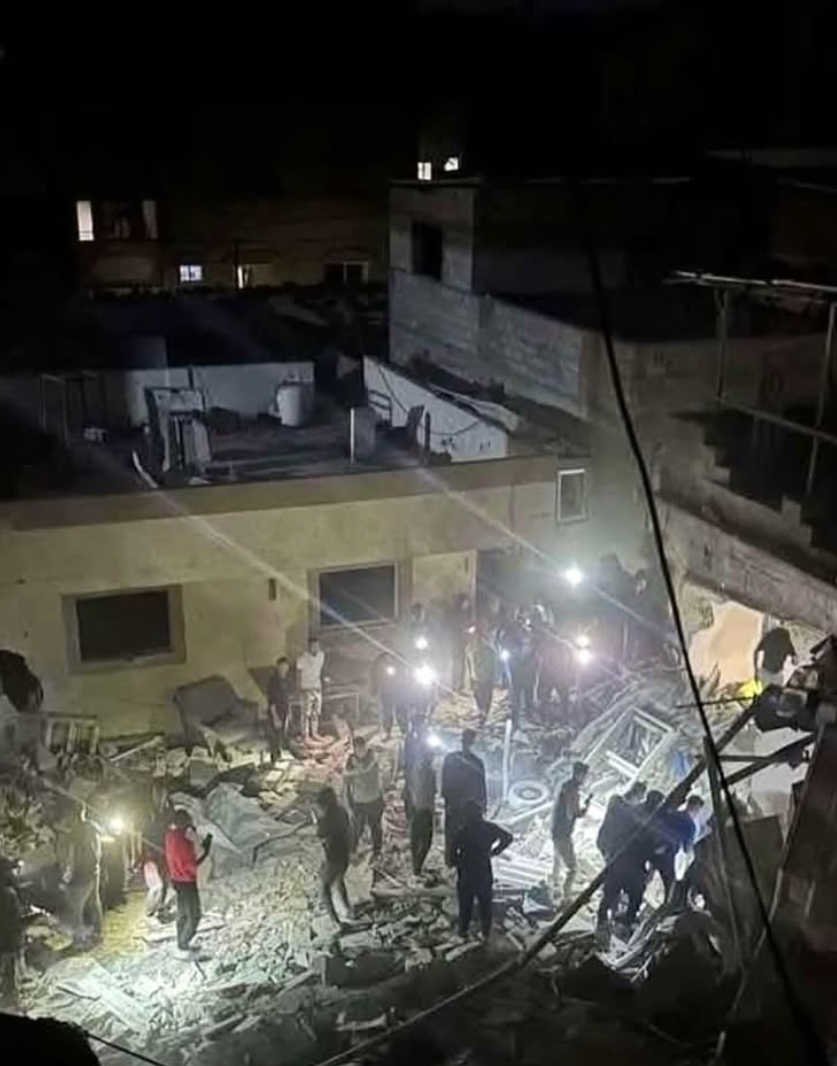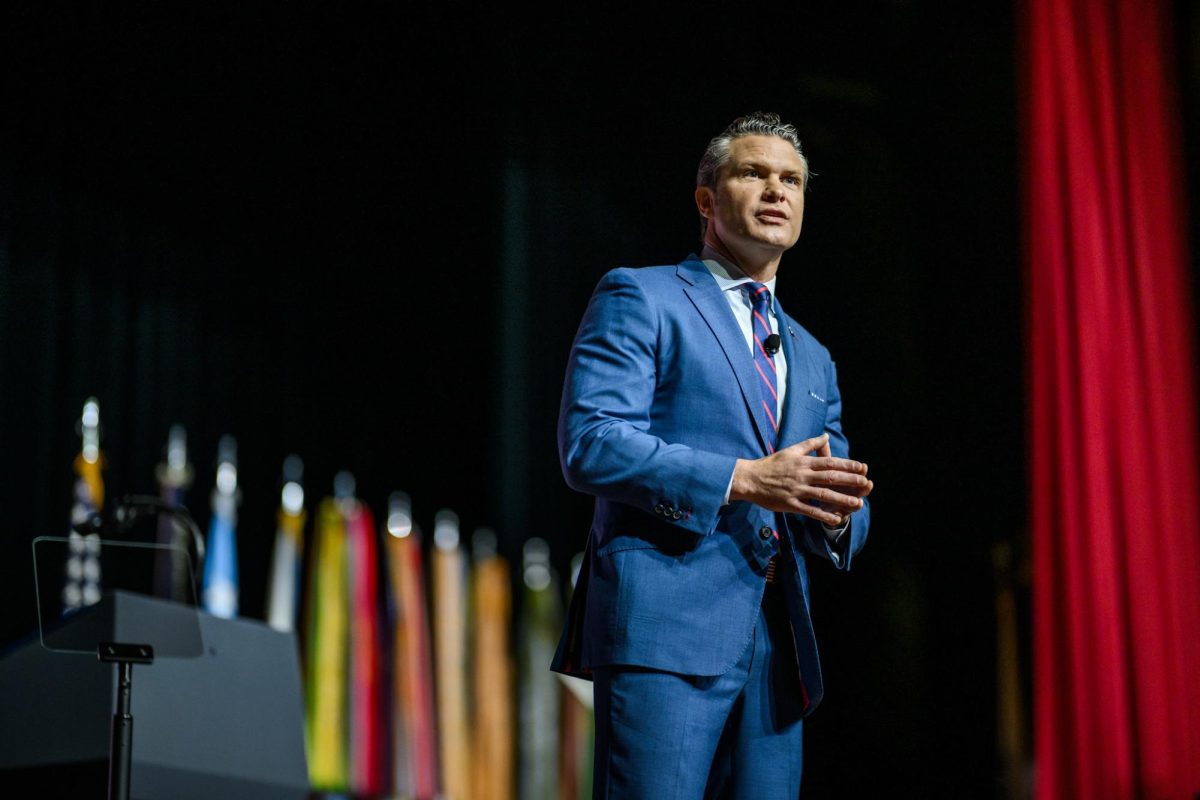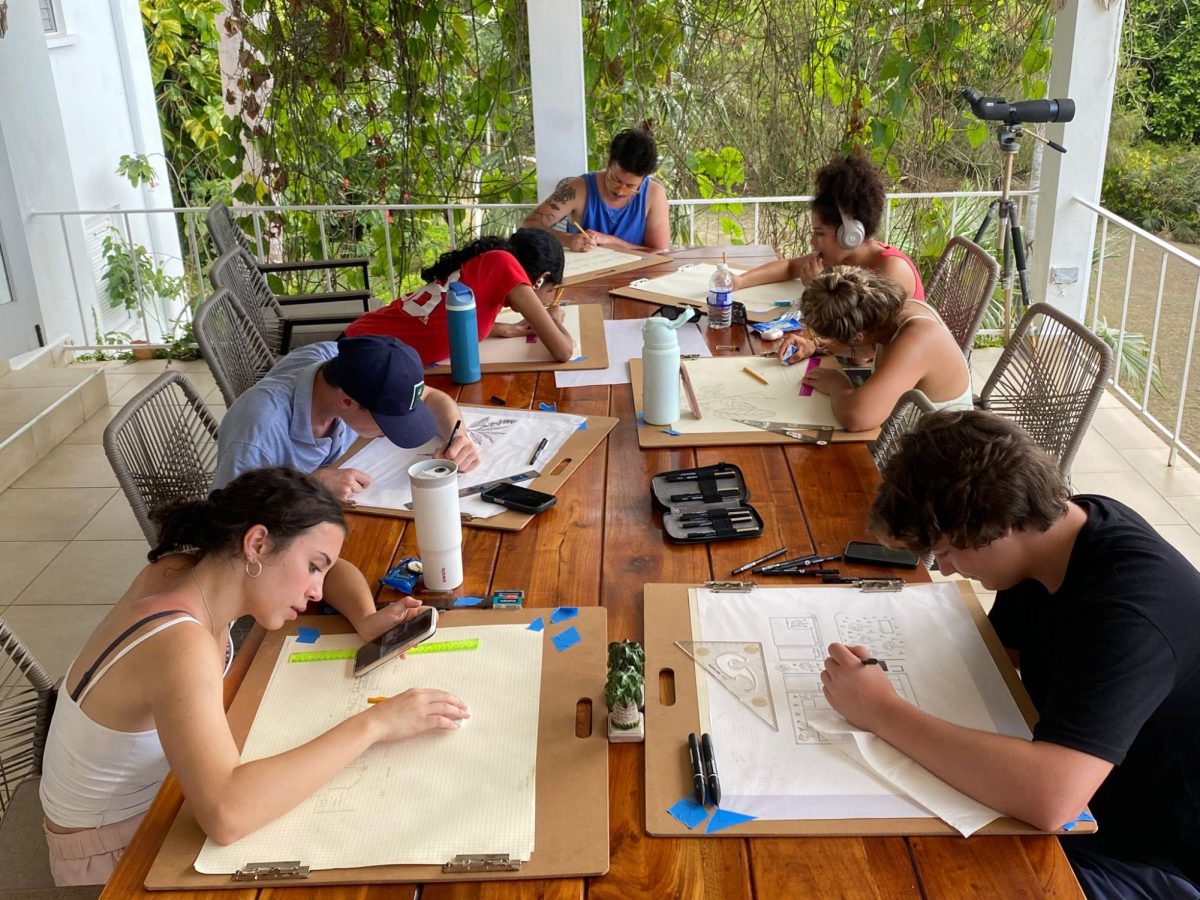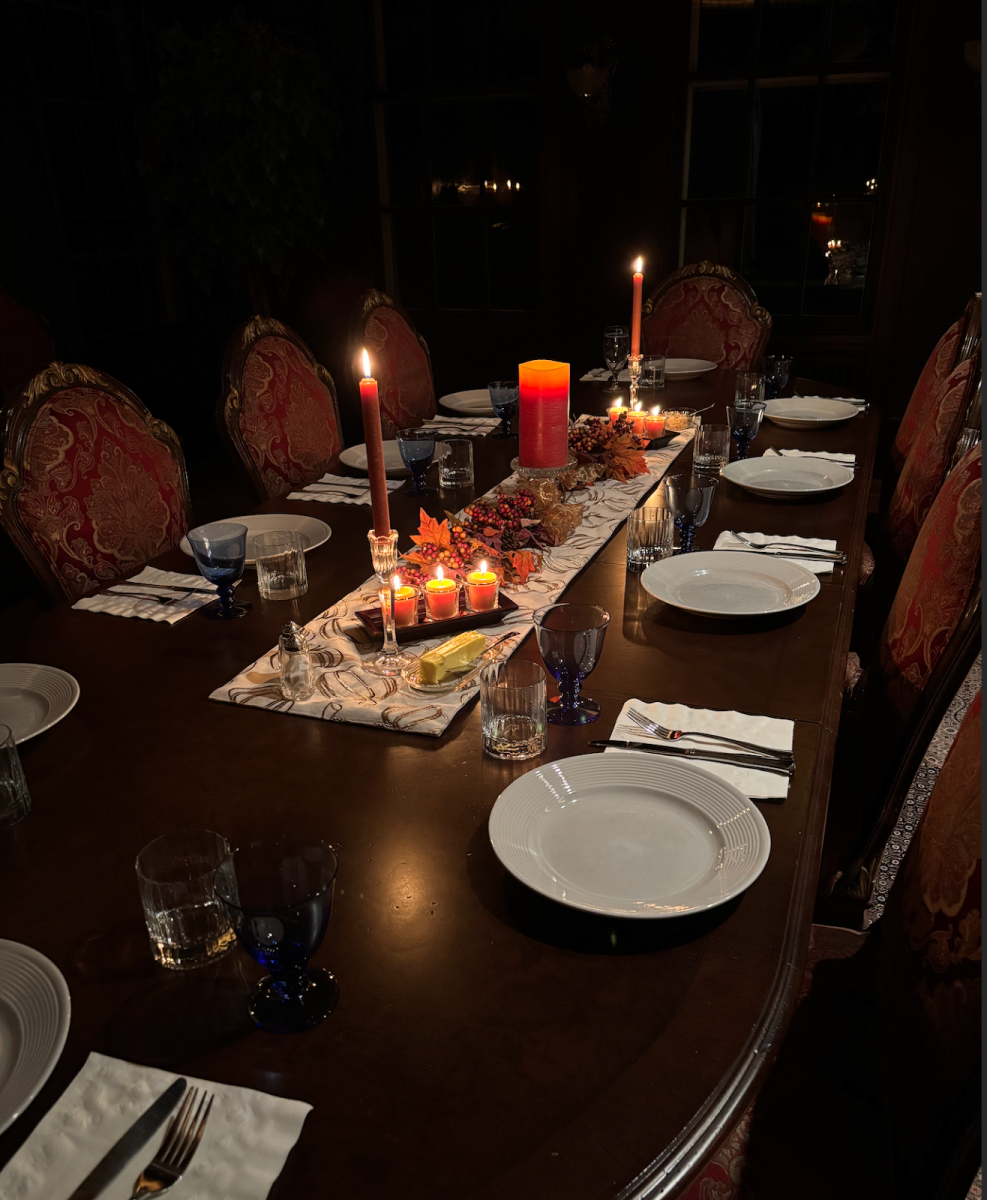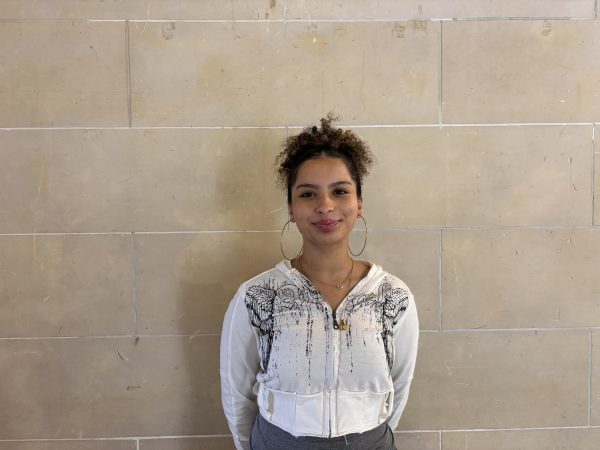On June 2, 2025, six Lake Forest Academy students departed from LFA’s campus to start their mission to Falmouth, Jamaica. What they expected was museums and drawing pictures, but it turned out to be so much more than that.
During the first week, we visited the Montego Bay Cultural Center, the New Hope Great House and the Seville Great House, a former plantation home that has been converted into a museum about the history of slavery in Jamaica. Through these museums and sites, we learned that Jamaica’s economy was based on the farming of sugarcane and the production of rum, which was made possible by the atrocities of slavery.
We had the opportunity to tour the Falmouth port during our trip, where we learned that it was promised to be of huge benefit to the community, bringing in lots of tourist dollars, but it has seemingly been a failure. The port is completely cut off from the town and the cruise line, who built the port, and keeps the majority of the profits, giving barely anything to the town.
Additionally, we took part in a number of fun activities throughout the trip like a pottery workshop run by Jamaican artist, David Pinto, where we all got to create a mug to bring home. We floated down the Martha Brae river on rafts made of bamboo shoots. Another night, we took a boat ride through a bioluminescent lagoon, where the water glowed blue from the microscopic organisms.
The second week, we worked on creating architectural drawings and worked with a NASA scientist to take spectral measurements in Falmouth. The assignment was for each of us to create drawings of a city block in Falmouth from plane and elevation views. We learned how to measure by counting footsteps to make the drawings proportional and establish a scale for our drawings.
One of the most intriguing things that we did was attend a two person play, written by Debra Ehrhardt, in the Half Moon Hotel. We experienced firsthand some of the most amazing storytelling talent we have ever seen.
Prior to attending the play, Ehrhardt stopped by our villa to talk with us. She explained the importance of storytelling in history and the modern day world. She described the importance of history in the context of heritage because if these stories were never recorded, we would not have the chance to learn about them.
Director of Experiential Learning at LFA Erin English was the chaperone for this trip. She described the experience and said, “There is nothing better than experiencing a place off of the paper…you can have an intellectual understanding of a concept, but to see what that looks like and how it actually shows up in the lives of everyday people is something else entirely.”
The buildings we drew held stories within their walls. By understanding the architecture we can understand their value. The most powerful stories about culture and heritage don’t come from textbooks or documents, instead, they come from the people whose voices were silenced or erased from history. Without them, we would never understand the reality of what happened at places like Falmouth and the history that needs to be remembered.


